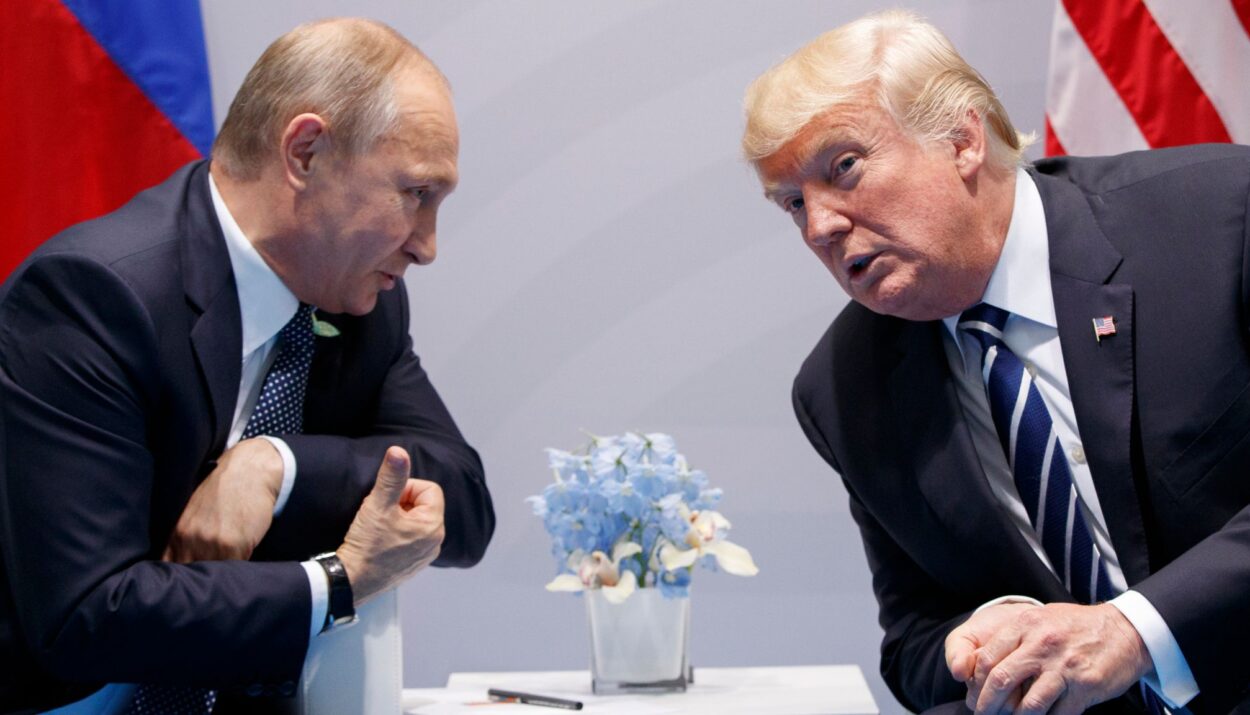As President-elect Donald Trump prepares to take office, his campaign promise to swiftly end the war in Ukraine raises concerns among Ukraine, Europe, and NATO allies. Trump’s approach, emphasizing cost savings for the U.S., might push him to broker a ceasefire with Russia, potentially at Ukraine’s expense. However, a well-organized financial commitment from Europe, possibly leveraging $300 billion in frozen Russian assets, could strengthen Trump’s hand in negotiations and ensure Ukraine’s security.
- Trump’s Vision for Ending the War:
- Trump has expressed dissatisfaction with the U.S. footing the bill for Ukraine’s defense and has criticized Europe for not contributing enough.
- His proposed approach involves pressuring Russia by signaling a united and financially committed West, bolstering Ukraine’s ability to withstand a prolonged conflict.
- Europe’s Strategic Dilemma:
- European nations fear a settlement favoring Russia could compromise their security.
- A robust financial and military pledge from Europe could:
- Convince Trump to demand stronger terms from Putin.
- Signal to Moscow that Ukraine is capable of sustaining a long-term defense.
- Mobilizing $300 Billion:
- The frozen $300 billion in Russian assets offers a feasible solution without directly impacting strained European budgets.
- A “reparation loan” proposal could legally utilize these funds, allowing Europe and the U.S. to lend Ukraine the necessary support while reclaiming the funds as war reparations.
- The Role of Germany and Other European Leaders:
- Germany’s upcoming election could influence its stance, with frontrunner Friedrich Merz favoring stronger support for Ukraine.
- A unified European financial commitment could present a credible front to both Trump and Putin.
- The Stakes in Negotiations:
- Ukraine seeks NATO membership and credible security guarantees, while Russia opposes NATO expansion and may demand limitations on Ukraine’s military capabilities.
- A well-negotiated ceasefire could preserve Ukraine’s sovereignty over 80% of its territory and open pathways to EU membership and economic recovery.
- Conversely, a weak agreement might leave Ukraine vulnerable, undermining Western credibility and emboldening Moscow.
For Europe, the stakes are high. By committing substantial resources to Ukraine now—through direct contributions or innovative uses of frozen Russian assets—it can shape the outcome of Trump’s negotiations with Putin. A credible financial and military pledge would reinforce Ukraine’s position, secure European interests, and ensure the war concludes on terms that counter Russian aggression. The next moves by Europe and Trump will determine whether this becomes a moment of strategic strength or missed opportunity.










